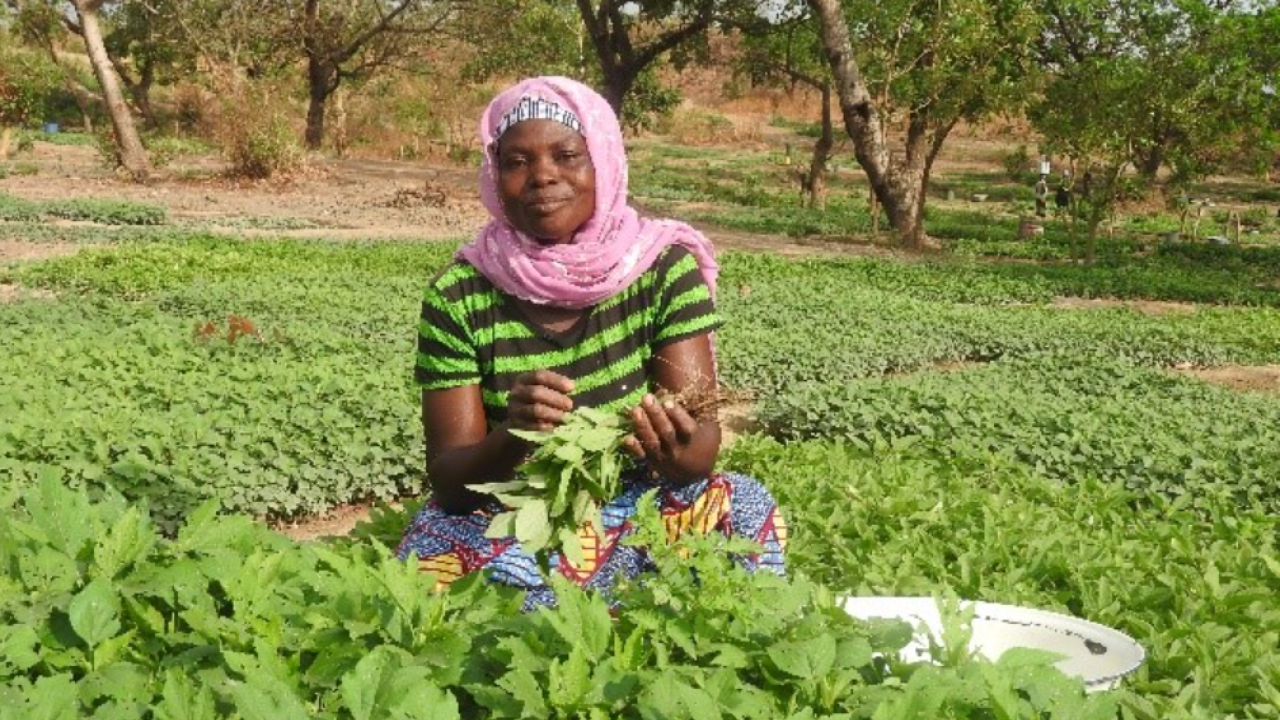
Strengthening Nutrition and Resilience in Rural Communities
Nutrition is related to—but not the same as—food security. While food security is mainly defined in terms of daily caloric intake, nutrition has to do with the nutrients a person’s body needs to be healthy.
Improving nutrition is a complex challenge. It has been a focus of development programming since the 1960s, near the founding of the United States Agency for International Development (USAID), and yet a 2022 UNICEF report put the number of people unable to afford a healthy diet globally at 3.1 billion.
“There is an increasing understanding that a well-balanced diet is needed for healthy living,” said John Hoddinott, a MRR Innovation Lab principal investigator and H.E. Babcock Professor of Food and Nutrition Economics and Policy at Cornell University. “We have a better sense that improving diet quality and not just quantity is better for nutrition, particularly in early life.”
Two MRR Innovation Lab projects are conducting research to learn more about nutrition, both how to reinforce it and whether nutrition-related programming strengthens household resilience. What is unique about both studies is that they were designed to follow development programs that recently ended. Their results will provide insights on how to ensure nutrition-related programming has lasting benefits.
Shocks and Resilience in Bangladesh
In Bangladesh, Agriculture, Nutrition, and Gender Linkages (ANGeL) was a 2015-2018 project led by the International Food Policy Research Institute (IFPRI) designed to improve household nutrition. ANGeL combined three distinct factors that research has shown affect nutrition among rural families in low and middle-income countries: agricultural productivity, information about nutrition and gender equality.
The randomized controlled trial that evaluated the impacts of ANGeL found that combining the three facets of the program improved dietary diversity.
A year after the program ended, Cyclone Fani struck with heavy rain and widespread flooding. Four of the 16 districts included in the ANGeL study reported damage, primarily to cropland and housing. Then came the COVID-19 pandemic.
The original ANGeL research team from Cornell University and IFPRI has returned to Bangladesh with support from the MRR Innovation Lab to test whether the benefits of the program have sustained through both the cyclone and the pandemic.
“The follow on is to find out what happens after the intervention itself ends, particularly in an environment in which people have experienced shocks,” said Hoddinott. “Does this kind of program promote resilience in the longer term?”
Mobile Phone Messages to Reinforce Nutrition in Ghana
In Ghana, the Livelihood Empowerment against Poverty (LEAP) program has since 2008 provided cash and health insurance to extremely poor households. LEAP 1000, a 2014-2018 pilot extension of LEAP supported by UNICEF and USAID, provided regular cash transfers to pregnant women and mothers with infants under 15 months of age.
In addition to supporting consumption, LEAP 1000 sought to reduce stunting and improve the welfare of young children and pregnant women. Importantly, LEAP 1000 participants also participated in an information campaign designed to improve their nutrition.
A Feed the Future ALL-IN research team led from Institute of Statistical, Social and Economic Research (ISSER) at the University of Ghana is testing an innovative way to reinforce the nutritional information for LEAP participants.
Interactive Voice Response (IVR) is an automated phone system that combines recorded messages with the ability for people using the system to request more information without a live person on the line. The research team is working with Ghana-based IT firm Image-AD to send out nutrition-based messages by mobile phone that focus on dietary intake and diversity, a clean environment and safe child-feeding practices.
“One of the things that digital innovations do for us is to make things easier and cost effective,” said Robert Osei, the project’s principal investigator and associate professor at ISSER. “If we can use these very simple approaches to try and nudge households towards behaviors that are positive in terms of nutritional outcomes, then clearly scaling it up becomes very easy."
Go in-depth with MRR Innovation Lab research on nutrition and food security:
- Gender, Nutrition-Sensitive Agricultural Programs and Resilience in Bangladesh
- Digital Communication to Reinforce Nutrition and Household Resilience in Northern Ghana
Sign up for MRR Update for leading field-tested research that strengthens livelihoods and resilience among rural communities in developing countries.
